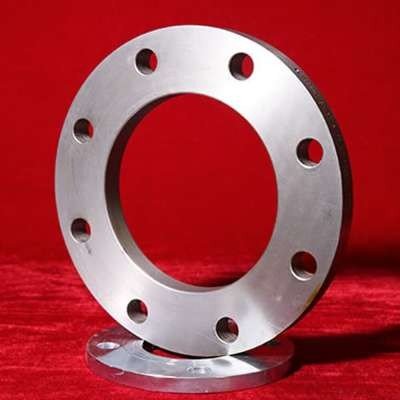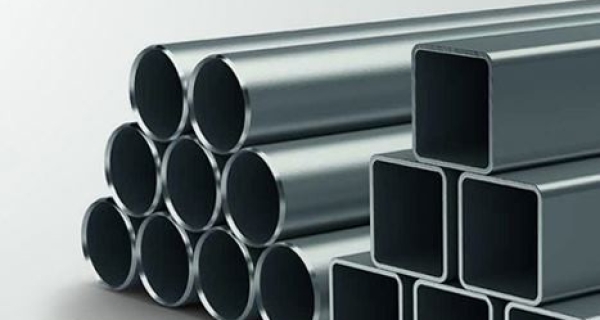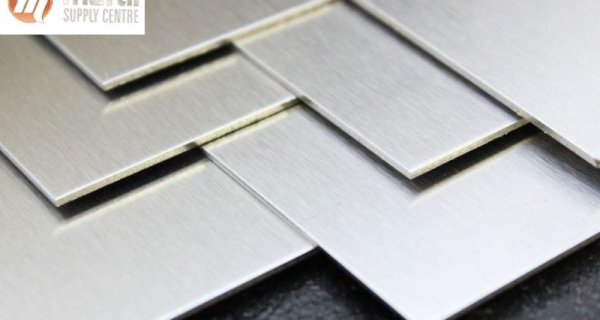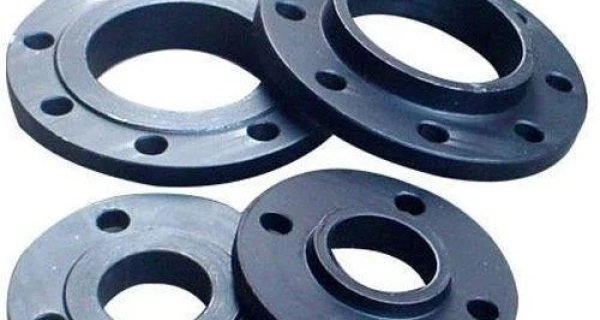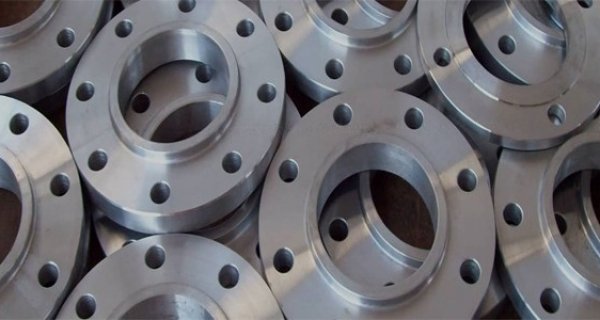Basic Evaluation of Industrial Piping Valves
valves industries,valves manufacturers in india
Сообщение 6 лет тому назад в Газеты, обновленный 6 лет тому назад.
Basic Evaluation of Industrial Piping Valves
In every industrial system, and also in each piping system, all types of valves are used to restrict, stop or control the flow of fluid in pipes. More precisely, some industrial valves do:
Control the preservation rates of water through conserving lines to normalize the temperature.
Manage the flow of strenuous acids or bases graceful through a line.
Transmit flow from one line to additional at a three-way valve.
Restrict flow in the pipes for system balancing.
Prevent opposite flow (check valves).
Mechanically stop the flow in the event of a scheme failure.
When considering accessible valves for an industrial system, assessment depends on both the short term and long-term presentation of a valve. And dependent on the submission, one valve may outclass another and provide a superior service life.
How to Evaluate Valves
Because our system trusts on valves to control flow and often limit its times of need, valve selection is critical. With dozens of types, materials, shapes and sizes manufacturers of valves pipe fittings and models to choose from, start by measuring each on the basis of simplicity, efficiency and safety.
Simplicity
When a valve needs to open, it should effortlessly open. While this solitary function may seem simple, it is not as forthright in industrial plants. Due to a various factors—including corrosion, rust and moisture accumulation the products can get stuck.
Whether they are automated or manual, it should work precisely as intended for years. Just like any other helping of the piping system, the anticipated service life of the valve is critical to the system’s routine. When a valve becomes impracticable, it causes downtime and maintenances.
When considering various valve types and resources, choose the valve that will most steadily and seamlessly do its job, even if it were to remain unused for years.
Efficiency
Valves are important to competence on a small, continuous scale and, to a larger degree, help plants avoid interruption. If they do not move effortlessly or on time, or one that is completely stuck, can cause harmful chemicals to mix inadvertently.
Another aspect of efficiency that it influences in the system’s ongoing productivity. The point on the system with the lowermost pressure or infection rating becomes the limiting factor of the system. If they are incompatible with the line’s medium, or has an inferior temperature or pressure rating than the rest of the system, the whole system can be compromised.
When seeing various valve types and materials, select the valve that will best maintain the temperature, pressure and compatibility of the system’s pipes and fittings over time.
Safety
Above all else, maintaining safety is a valve’s important role. If one escapes or sticks, a number of issues can arise:
When feeding a reaction, the response chemistry can be changed or continue longer than necessary.
If a valve fails to properly seal off a tank when separating the pipe from the tank, a massive leak occurs.
If an unintentional flow reversal occurs, a check valve is the first line of defense.
If an adversity occurs downstream, a valve must involve to prevent further spillage and bound exposure to the chemical being conveyed.
.
Always make sure that you consider all the above factors while choosing your pipe fittings valves, we at KHD Valves automation provides all types of valves free to contact us.
